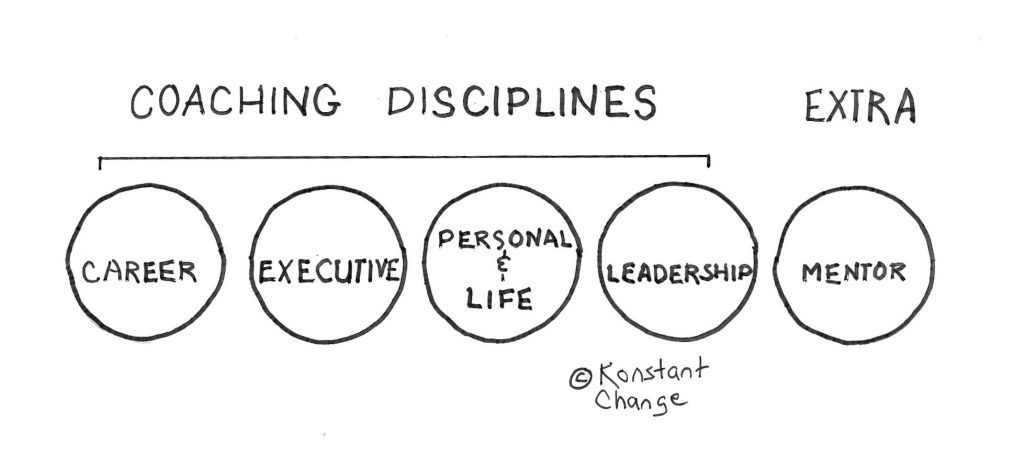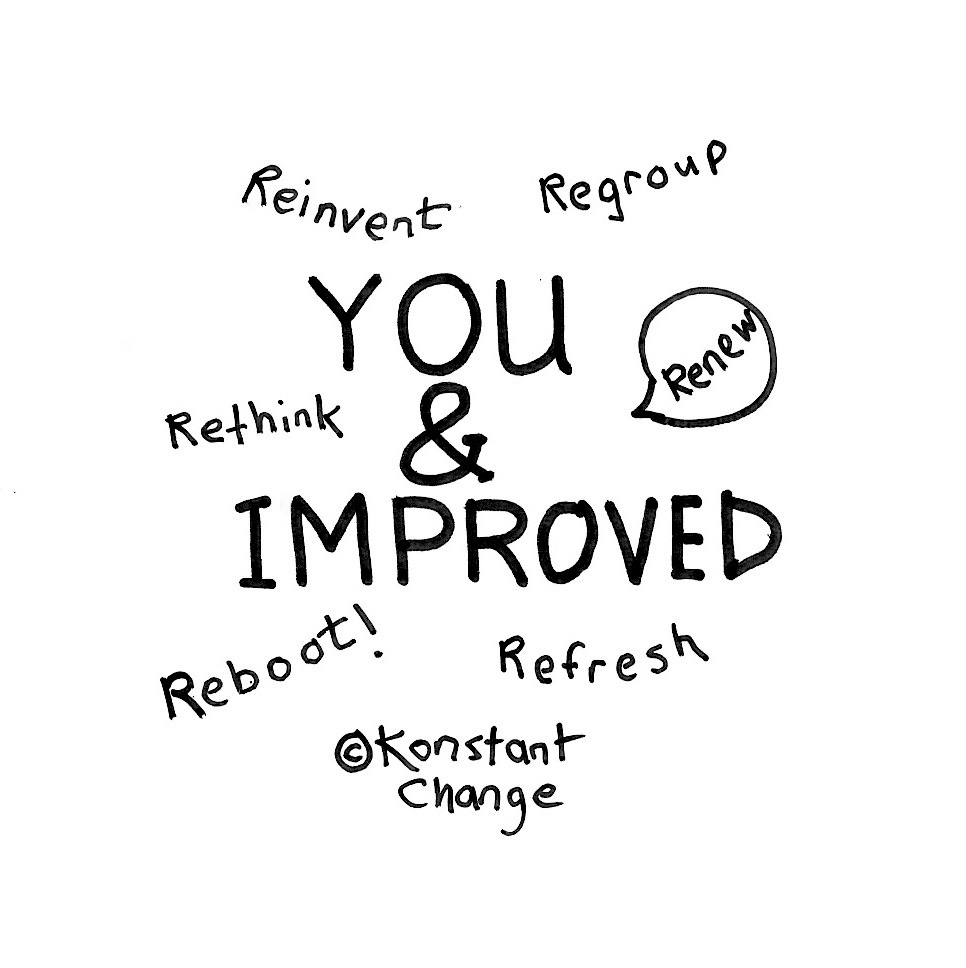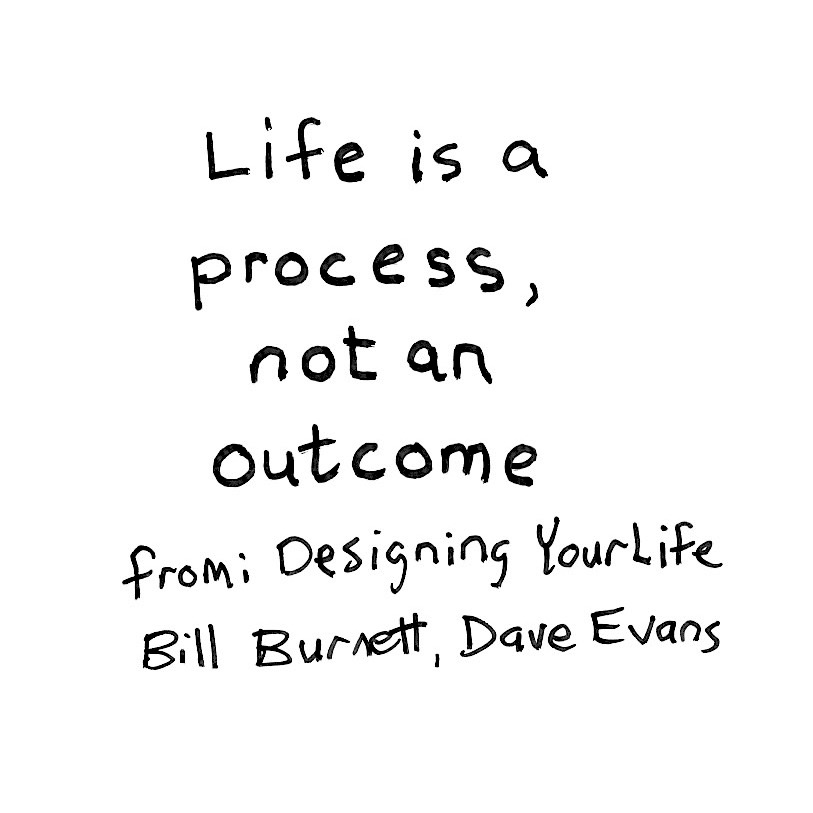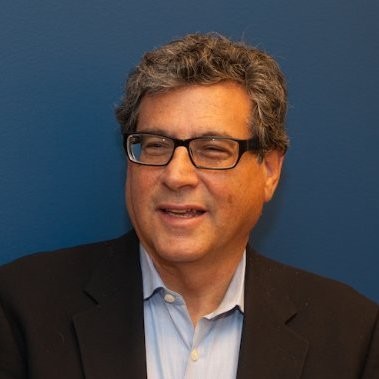
The desire for reinvention, a career transition, or a career switch are popular reasons people seek the help of a career coach, especially mid-career.

After starting a series of articles on the art and science of the coaching profession, I am beginning to learn the various reasons people pursue this line of work.
While Talking with Jeff Saperstein, career transition coach, I gained a few insights about the profession of coaching. The biggest insight is each individual brings unique ideas and methods to their practice.
What is a Career Transition Coach?
Jeff is a career transition coach. He works with people who are looking to transition from one role or industry to another. An ideal relationship happens when a person is ready to make a change and needs a partner to help them determine their north star.

Therefore, he looks for highly effective educated business people, mid-career, who have been in their career long enough to know what it is to be effective. They feel stuck.
Sometimes a person needs to make a change because she has been laid off. Or he has been in a job for a while and work is no longer satisfying. Or she is struggling with work life balance issues due to personal changes. These types of situations lead to stress and unhappiness with the status quo.
How Did You Become a Professional Career Coach?
When Jeff started exploring the idea of this profession, he had a number of ideas about what to do next. Like the clients he currently works with, he admits he was stuck.
He looked at his work history, a pattern of productive choices, leading to a series of satisfying job roles that all ended with a desire for change.
Career Influences
He started as an advertising executive in a corporate environment where he learned to service clients, manage projects, establishing trust and credibility with his customers. Even though he was at the nexus of ideas and people coming together to create something special, he became restless after ten years in advertising.
Subsequently, after researching the teaching profession and doing some marketing consulting work in the non-profit sector, he went out on his own. He started as a consultant serving non-profit and for-profit businesses. He was grateful for his early clients who gave him a chance by hiring him.
While consulting for marketing clients, he also taught adult education programs, satisfying his new interest in helping people learn. He worked for a training organization in Latin America, a French University in Paris, and in Japan.
After that, he found satisfying work at extension programs at UC Berkley and Stanford, and at San Francisco State in their business school and graduate program.
Skills Acquisition
He cultivated multiple parallel paths: teaching, consulting, and writing. He co-authored nine books, many of which dealt with how technology was changing the marketing profession. Some of his book content helped people to be better speakers and establish credibility in their work.
When his teaching and consulting work declined, he knew it was time to reinvent his career.
His wife, who is a psychotherapist, mentioned a client who could benefit from his experience of transitioning to non-profit work earlier in his career. She wanted to move from finance at for-profit businesses to working in non-profit.
Because he was not a certified coach, he did not actually work with her. However, the suggestion he could help an individual in career transition triggered his interest to pursue this alternative career.
He mentored and trained people most of his career and enjoyed helping people. Why not be a coach? Like many people, Jeff used the experiences of his own career—marketing, teaching, and writing—to launch a career in coaching.
How Did You Become a Certified Career Coach?
He chose certification, acquiring the tools and resources as an official entry into the profession. A friend at Stanford published a study on the different types of certification programs approved by The International Coaching Federation (ICF).
Jeff selected IPEC, which focuses on energy, consciousness, awareness, and leadership communication. Some of the emotional factors of this program were better suited to him. He trained for one year and learned more about the professional excellence of coaching.
When researching the different types of coaching disciplines, he chose to focus on career transition, a subset of the career coaching category.
But training did not stop after one year. He continued with additional training focusing on techniques and energy, and leadership diagnostic tools.
Career Coach Certification and Continuing Education
Similar to many professionals who want to advance their learning, continuing education is essential. This mindset enhances the skills of a curious and motivated coach.
Jeff is also involved with a community of practice with other coaches. He increases his knowledge and abilities with additional training at IPEC. He believes experiential learning is part of the profession.
The ongoing learning is continuous. And in his coaching work, he is learning what does and does not work. He is better able to work with clients by investing in supplementary experiences, techniques, tools, retreats.
Value of Coach Certification and Ongoing Training
Although Jeff has practiced active listening in his career, he listens for specific things while working with clients. An example is listening for energy and awareness. He can then use the toolsets to listen and respond in a spontaneous manner.
He further states, “Similar to riding a bicycle, learning to ride isn’t enough. You have to learn how to maneuver around the different types of topography.”
Top Reasons People Hire a Coach
As Jeff explained, people want to solve a specific problem. Questions emerge like, “Should I stay, or should I go?” or “Should I change fields?” As I discovered in my own research, many mid-careerists want to reinvent themselves for greater value

The interesting challenge, however, is individuals often want to jump to a solution. In Jeff’s words, he likens it to foot pain, where someone goes to a doctor to get it fixed right away.
Jeff outlined some common reasons people want to make a change or reinvent themselves. Some of these reasons lead them to hire a coach:
- It has been building up for a certain amount of time; you manage lowered expectations, and start to dislike your job.
- Something happens. You are not invited to an important meeting or your boss has given you a bad review.
- There is a reorganization or a transfer to a new group that you are not crazy about. You no longer work in familiar surroundings with people you care about.
- You have a bad boss (ugh!)
- You’ve been in this field for a while and are not getting promoted.
- People don’t value you.
Coaching Process
Jeff Saperstein has a process driven by individual needs. He says, “ I help them take the space and time to reflect on how they show up in the world. Or how they interpret events and people. Using diagnostic tools and questions, I help to illuminate where they fit best, uncovering their natural proclivities.”

So, he asks questions that are probing in the distant future. An example is, “You want a job now, but what do you want to be doing in 3-5 years?”
However, if a person wants to get a job quickly because of fears about money, Jeff takes a pause. He helps his client focus on a path, rather than a step. With focused analysis, an individual may transition from one role to an entirely new one.
As part of his toolkit, Jeff uses an assessment called the Energy Leadership Index. Thousands of people have taken it through IPEC. He elaborates, “Through a series of 70 questions we can map things like consciousness, aspirations, and what causes stress. We can determine their normal energy, and what energy they are in when under stress.”
The survey provides sample results like “When you are under stress, you default to feeling like a victim, and people do not value you.” He then probes “Is that true? Give me an example of where that has happened.”
Most importantly, coaches want to mine “lived” experiences, along with personal aspirations. As a result, the individual can look at their own behaviors and better understand how they react to a situation.
How to Manage Expectations within the Coaching Process
Clients want quick solutions, however, people benefit from a longer-term solution.
Jeff’s analogy for finding a solution, rather than a quick fix, is to provide a concrete example. For instance, “If someone were lonely, and he asked you for help getting a date on Saturday night, I recommend he look at the bigger picture. We can work on that, but wouldn’t you rather find a relationship?”
The Benefits of Reframing
There is a technique in coaching referred to as reframing. Jeff used himself as an example to demonstrate how it works.
For instance, he says, “I am from New York City. We don’t see ourselves as victims. It’s all about win-lose. We get angry. And we are often in conflict.” If everything is interpreted as win-lose, it’s helpful to understand this assumption. A question to me might be “Given the situation you just mentioned to me, how else could you have reacted to that?”
Further, coaches can help people reframe the situation so they can react differently the next time they are faced with feeling left out or feeling like a victim. A deeper side to these types of exercises is people can use something like reframing to better manage stress. As Jeff points out, everyone has stress.
Career Coaching Methodology Simplified
As we wrapped up our conversation, he clarified his approach. While working with his clients, Jeff simplifies the process to enhance progress and encourage brave steps.
So, he recommends the following steps:
- Self-evaluation
- Looking at market reality
- Build a network
Next, he helps his clients answer a few questions:
- Who are you?
- Where you fit?
- Who do you know?
- Who should know you?
In summary, Jeff helps them examine their attitudes and partners with them to remove the hindrances. Consequently, this leads to enormous confidence when people go after what they want. And this makes Jeff aware he has found his own north star.

Jeff Saperstein is a Career Transition Coach, an instructor at San Francisco State University in Communications for Interviewing and Writing, and an author, podcaster, and blogger.
You can reach him at www.jeffsaperstein.com
Want more articles like this? Check out:
What is a Career Coach and Who Needs One?
How to Find a Mentor. How to Be a Mentor.
How to Become a Life Coach: An Interview with Casey Carroll
If you are interested in the future of work, career development, personal branding, workforce trends/ideas, agility, or how to cultivate happy profitable employees, subscribe to Marti’s 52 Ideas. For more details on career agility, check it out here.
You can also check out the best-selling book on Amazon, Activate Your Agile Career: How Responding to Change Will Inspire Your Life’s Work.
